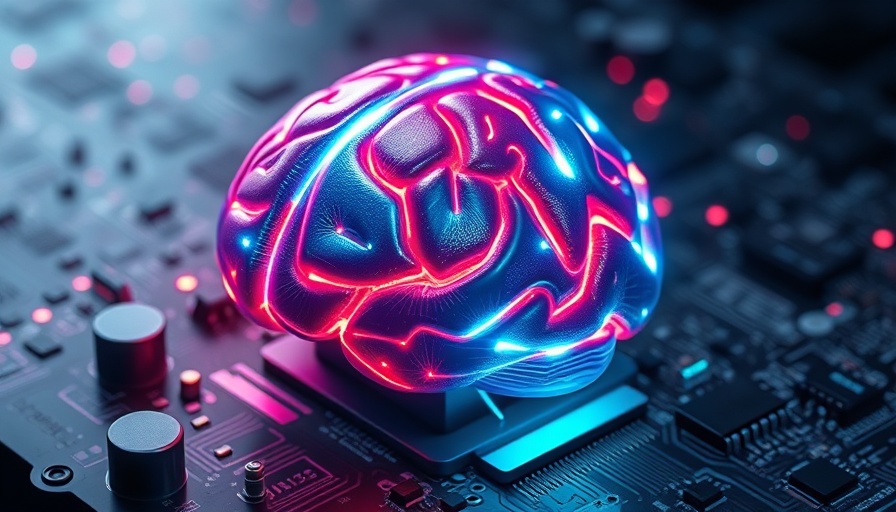
Understanding Relationship Design in the AI Era
As the digital landscape evolves, the integration of artificial intelligence (AI) in marketing raises questions on maintaining authentic human connections. Professionals and business owners are now tasked with navigating this unchartered territory where technology meets personal touches. The key lies in understanding Relationship Design—a framework prioritizing the collaboration between machine intelligence and human insight to enhance customer engagement strategies.
Learning from Ogilvy One’s Approach
Ogilvy One, a pioneering figure in the marketing industry, emphasizes a pragmatic approach to overcoming AI-related fears. Their methodology underscores the importance of deploying AI to augment human creativity instead of merely replacing it. This perspective encourages businesses to redefine customer interactions by utilizing data-driven insights while maintaining the emotional nuances traditionally associated with marketing.
Valuable Insights: Why Relationship Design Matters
Understanding the duality of AI capabilities—efficiency and personalization—is essential for contemporary marketers. With machine learning algorithms analyzing trends and consumer preferences, brands can tailor their communications more effectively than ever before. However, practitioners must ensure that these insights translate into actions that resonate with audiences on a human level. By harnessing AI without losing sight of genuine human interaction, businesses can foster deeper connections with their customer base.
Navigating AI: Steps for Implementation
Implementing AI within your marketing strategy doesn't need to be an overwhelming process. Here are some actionable steps to embrace AI while strengthening customer relationships:
- Establish Clear Objectives: Determine how AI can serve your marketing goals. From improving customer service with chatbots to analyzing engagement patterns, aligning AI initiatives with business objectives is crucial.
- Engage in Continuous Learning: Staying informed on AI advancements ensures that your strategies remain relevant. Regularly update your knowledge through digital marketing news, conferences, and workshops.
- Pilot Programs: Start small by testing AI implementations in controlled environments. This could involve automating email marketing campaigns or trialing personalized product recommendations.
Future Trends: Embracing AI-Driven Marketing
As the AI landscape rapidly evolves, brands must be proactive in adjusting their strategies. Experts predict that AI will continue to enhance personalization efforts, allowing businesses to scale engagement while improving customer satisfaction. Additionally, anticipating shifts in consumer behavior through advanced analytics will lead to innovative marketing techniques that cater to evolving expectations.
Common Misconceptions about AI in Marketing
Despite its benefits, many still harbor misconceptions about AI. One prevalent myth is that AI will eliminate jobs in marketing. In reality, AI acts as a powerful tool to assist professionals in enhancing their roles, allowing for a more strategic focus on creative endeavors and meaningful customer interactions. By understanding AI's role as a collaborator rather than a replacement, marketers can leverage it to achieve superior outcomes.
Conclusion: Call to Action for Marketers
In the age of AI, the challenge lies in balancing technology with human connection. Professionals and business owners are encouraged to adopt a Relationship Design approach that empowers them to harmonize AI capabilities with empathetic marketing strategies. Take the initiative today—explore how you can integrate AI into your marketing frameworks without losing the essence of personal touch. This is a crucial step towards enhancing customer engagement and ensuring your brand remains competitive in an increasingly digital world.
 Add Row
Add Row  Add
Add 




Write A Comment